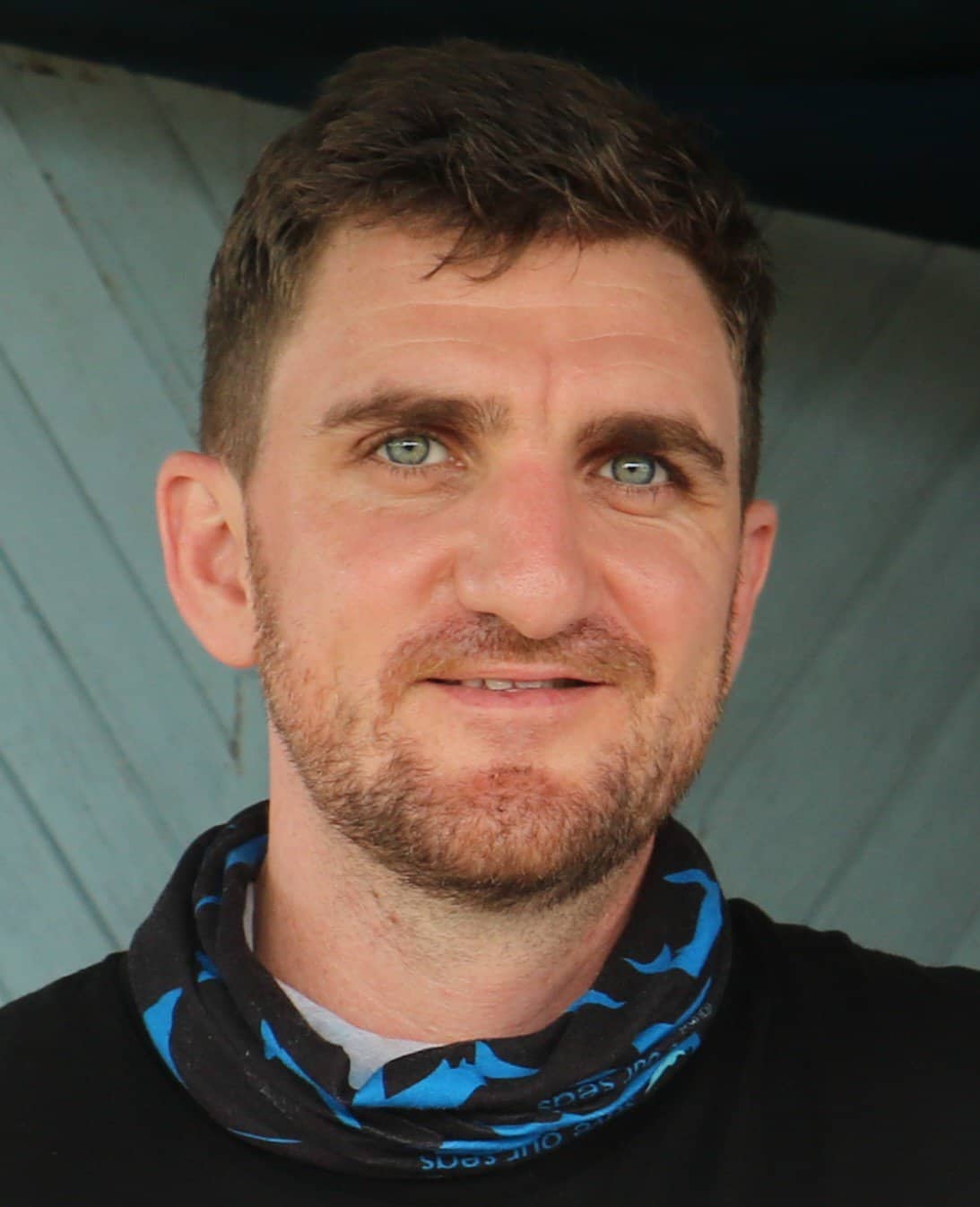FSBI News
Congratulations to this Year's FSBI Medal Winners
Each year, the FSBI awards medals for lifelong individual contributions to fish biology and/or fisheries science, with a focus on ground-breaking research; for lifelong individual or team contributions to conservation, training or public understanding of the disciplines; and for individual exceptional advances in early career within these disciplines.

Beverton Medal
Prof Skúli Skúlason
The Beverton Medal is awarded to an individual in recognition of ground-breaking research and lifelong contribution to the study of fish and fisheries science.
For more than three decades Skúli Skúlason has devoted his research activity to asking some of the most fundamental questions in biology. How does diversity arise? What are the mechanisms that drive the very earliest stages of divergence? A combination of
elegantly crafted laboratory based experimental studies and a comparative approach in the field use naturally rapidly diverging fish populations to understand the evolutionary patterns found in nature, most notably using Arctic charr and the three-spined stickleback from his native Iceland. Skúli’s theoretical framework, and empirical testing of that framework, contributed considerably to the general shift in the acceptance that evolutionary divergence can occur in sympatry.

Le CREN MEDAL
Dr Peter A Henderson
The Le Cren medal is awarded to one or more individuals who have made a lifelong contribution, with a focus on conservation, training or public understanding.
Peter has had a major impact on fish conservation globally over the last 30 years. Through his role as an environmental consultant for NGOs including the Natural Resources Defence Council (NRDC), the Sierra Club, and Surfers against Sewage, he has helped protect fish populations and provided expert advice to many local conservation organisations concerned about impacts of power plants, dams, desalination plants, water extraction and sewage discharges. He has acted as an expert witness on energy and port industries in both Europe and North America, and in the Peruvian Amazon he supported indigenous tribal nations whose rivers and streams were being exploited for mining. He played a pivotal role in the establishment of the Mamirauá Sustainable Development reserve in the Upper Amazon in Brazil (https://mamiraua.org/ ) which is now the largest freshwater nature reserve in the world, and he has played a pivotal role in training future generations of fish biologists through multiple books.

HUNTINGford MEDAL
Dr. Michael Grant
The Huntingford medal is awarded to a member of the society with the most impactful paper published in in the Journal of Fish Biology.
Michael Grant’s research focuses on conservation of threatened species in low income developing nations. Michael research uses a range of fisheries, conservation, and social science methods to understand the conservation status, threats, and uses and values of threatened species to local resources users in complex livelihood contexts. Of particular interest to Michael is the conservation of non-marine sharks and rays. Michael has conducted major research expeditions in Papua New Guinea and Indonesia to collect information for future conservation planning of these overlooked species. Recently, Michael’s research has explored the use of vertebral chemistry to better understand the life history of non-marine sharks and rays, providing promising results for improved ageing and ecological applications. Within the shark conservation community, Michael is an active member of the IUCN SSC Shark Specialist Group and is vice president of the Sawfish Conservation Society.

FSBI MEDAL
Dr. Erika J Eliason
The FSBI medal is awarded to an early career scientist who is deemed to have made exceptional advances in the study of fish biology and/or fisheries science.
Erika is a physiologist best known for her work on salmonids and their plight along the west coast of North America, with her work routinely cited in management policy, but her research papers span tropical fish biology to polar species, and elasmobranchs to model fish. She has been at the forefront of integrating physiology into other disciplines of fish biology including fisheries management, fish behaviour, biotelemetry, and conservation, and has pushed the boundaries of these fields by embracing new technology and methods including heart rate biologging methods, new surgical techniques, and field respirometry methods, and she has brought her physiological perspective to teams formed from ecologists, wildlife biologists and computational modelers. Her expertise in these areas is evidenced by the additional roles she holds within the fish biology community including being a specialist panel member of the IUCN salmonid specialist group, the editor of a number of book series in fish physiology.
How to nominate
Nominations for medals (Beverton, Le Cren and FSBI Medal) may be made by members of the Society at any time, but no later than 31st October of the year before that in which the medal is to be awarded.
The nominee is not required to be a member of the Society. The nominator should submit a completed nomination form, a summary of the nominee's contribution to fish biology and/or fisheries science (strictly limited to 500 words) and a copy of the nominee’s full CV including a list of publications.
Any other information submitted will not be considered. Nominations should be submitted by email to the Honorary Secretary, to whom any pre-nomination questions may be asked in confidence. Nomination for the Huntingford Medal has a separate nomination procedure, as nominees are chosen and assessed by the Editor-in-Chief and Editorial Board of the Journal of Fish Biology.
See Below the nomination forms for each medal.
Deadline 31st October
You missed out!
The Beverton Medal
The Beverton medal is awarded to a distinguished individual scientist for a lifelong contribution to any aspect or aspects of fish biology and/or fisheries science, with a focus on ground-breaking research.
Please download and fill in the word document below.
You will need to send in the filled in document and the CV of the Nominee (including publication list) to secretary@fsbi.org.uk.
Le Cren Medal
The Le Cren medal is for lifelong individual or team contributions to conservation, training, or public understanding of to fish biology and/or fisheries science.
Please download and fill in the word document below.
You will need to send in the filled in document and the CV of the Nominee (including publication list) to secretary@fsbi.org.uk.
FSBI Medal
The FSBI medal is awarded to an early career scientist who is deemed to have made exceptional advances in the study of fish biology and/or fisheries science, in recognition of their achievements.
Nominees should typically have less than 15 years of research experience following completion of their doctorate (at close of nominations).
Allowance can be made for career breaks which can be detailed in the letter of nomination.
The medal will only be awarded each year if a candidate of sufficient quality is nominated.
Please download and fill in the word document below.
You will need to send in the filled in document and the CV of the Nominee (including publication list) to secretary@fsbi.org.uk.
We aim to achieve the highest standard, maintained through the good will and dedication of the council (who are the charity trustees) for the FSBI. We are always interested to hear member feedback, and are pleased to attend the Annual Symposium to ensure we stay in touch with all those concerned.
The FSBI is registered in the United Kingdom as a charity (Number: 256475) and is affiliated to the Royal Society of Biology
Contact thetheam@fsbi.org.uk for more information on our society.theteam@fsbi.org.uk

